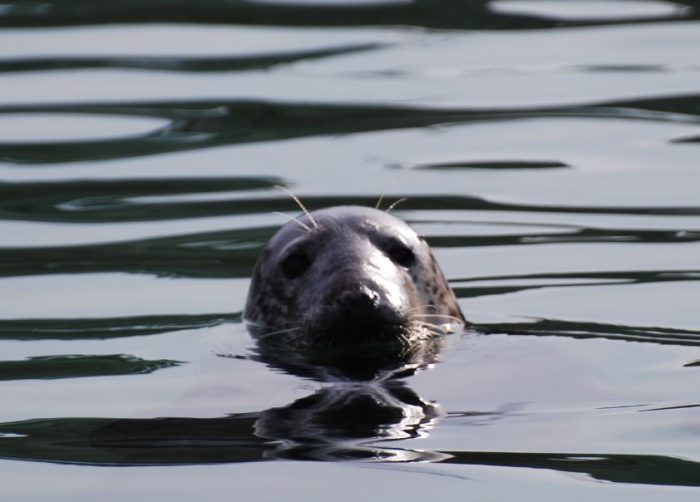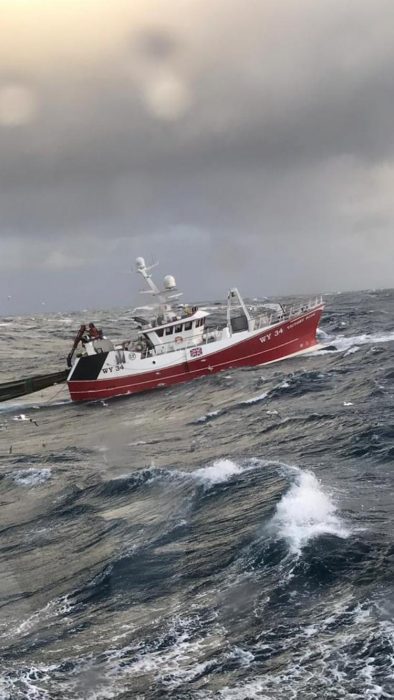Not that long ago the idea that the fishing industry should have a role in the generation of data and science to underpin the industry’s management was seen as heresy. Over the last two decades those attitudes have steadily changed and increasingly the industry is being brought into the scientific process. The Federation has worked to change that picture, and in 2003 was instrumental in establishing the pioneering Fisheries Science Partnership administered by Cefas. Since then, industry involvement has become increasingly important well beyond dedicated science programmes. New technologies have the potential to considerably lower the transaction costs of doing science and it is important that these are introduced in ways where the industry can have trust in the use of the data that it is actively participating in gathering. Marine science is a costly endeavour and we will never know everything, but scientists working together with industry, and vice versa, is critical to improving the evidence base and informing sound management decisions.







